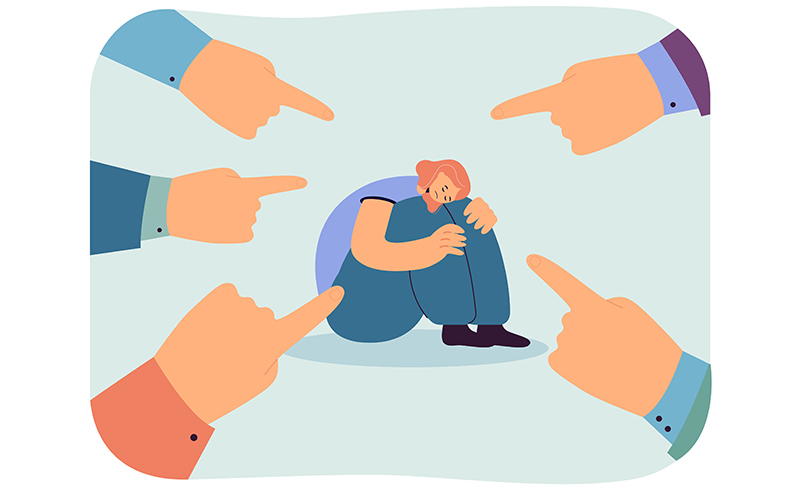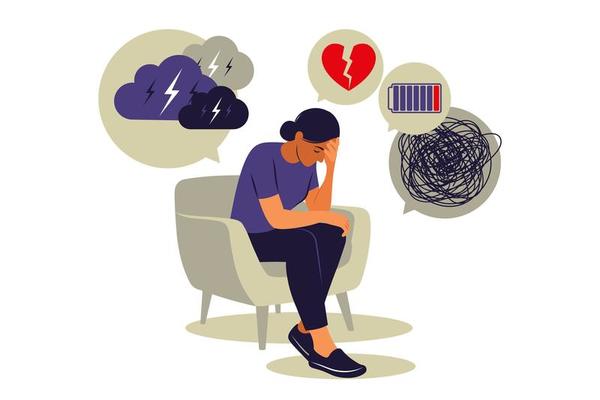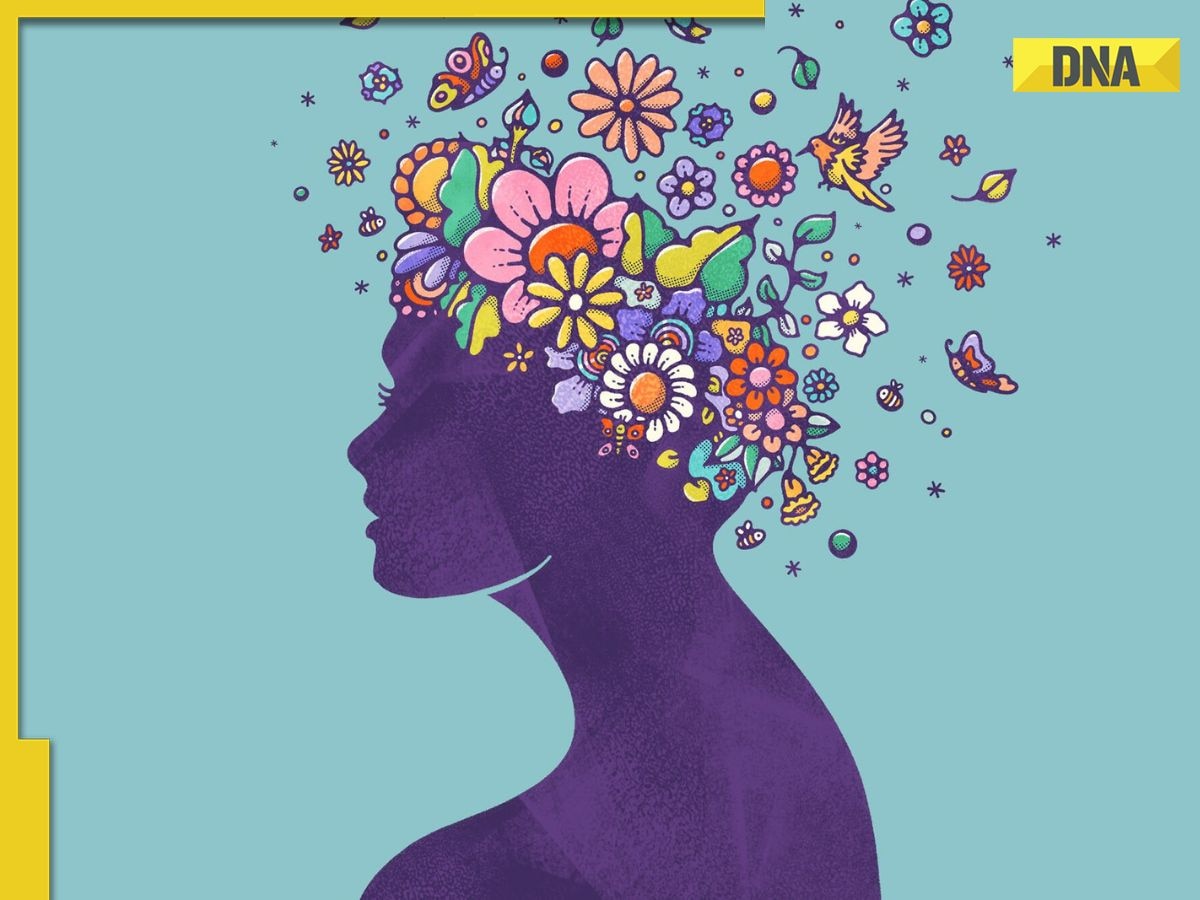Breaking Stigma: Mental Health
Introduction
It is an aspect of human health which people normally take for granted but it has been tied up in bias and prejudice over a long time. This class of people has for so long suffered from unfair treatment, accused unfairly and excluded leading to them not seeking assistance or support when in need. This article shall discuss the stigma associated with mental illnesses, its effects on individuals and society, as well as suggest ways to dismantle barriers and promote understanding and acceptance.
Understanding Stigma: What Is It and Where Does It Come From?
Stigma may be statements or views expressing discrimination against someone who makes you think that they belong to an unwanted category. In relation to mental health there are various types of stigmas which include fear, shame, blame as well as misconceptions about mental illness itself including those affected by it. Ignorance, mystery fears, cultural norms, portrayal by mass media or advertising and societal attitudes are some of the causes of this stigma.
Historically, fear and lack of knowledge have been the lenses through which people view mentally ill individuals perpetuating myths and stereotypes alike. People with mental health problems are often labeled as “crazy,” “dangerous,” or “weak,” leading to the misperception that mental illness is a sign of bad character or personal depravity rather than legitimate health.
The impact of stigma on individuals and society
The effects of mental health stigma are great and broad, affecting persons, families, societies, and the whole community. People with mental problems who suffer from stigmatization tend to feel ashamed, isolated, doubtful about themselves hence they end up hiding in their shells by not asking for assistance or seeking appropriate medical care. This can make them reluctant to share their challenges or turn for help due to fear of being discriminated against which eventually worsens the condition and delays treatment.
Additionally, these beliefs undermine an individual’s self esteem as well as affect adherence to treatments hence making patients lead an unfulfilled life. This results in feelings of low self-worth among people who have experienced stigmatization leading them to engage in self-stigma. Such blame culture reinforces the illness thereby undermining recovery and denying resilience within victims.
In addition, it isolates entire communities from each other where one section believes that only those who have money will be able to access education while there is a belief among some parents that special needs children should not interact with normal children. With more marginalisation occurring in healthcare provision, employment opportunities as well as the education sector which increase disparities thus making such gaps wider among those suffering from mental illnesses. The economic burden of untreated mental illness and racial discrimination is staggering, resulting in billions of dollars in lost productivity, medical expenses, and social benefits.
Strategies for Challenging Stigma: Change
To eliminate the stigma surrounding mental health, individuals, communities, policy makers and organizations have to work together. For the purpose of changing flawed assumptions about others, boosting empathy and building a platform for change within our systems there can be an opportunity to create a more inclusive and supportive environment.
- Education and Awareness: Education is a powerful tool for dispelling myths and misinformation about mental health. By raising awareness and providing accurate information about mental illness, we can challenge stereotypes and promote empathy and understanding. To enlighten people on how common mental disorders are among the general public as well as their manifestations that can be seen in friends or family members’ behavior; schools, workplaces, community groups could adopt programs for educating people on how to recognize symptoms of mental disorders.
- Language Matters: The language used towards those with psychological problems can significantly affect the way they are viewed by society. Instead of using derogatory terms or labels like “insane”, “mad” or “mentally disturbed”, it is advisable to use person-centered language which puts emphasis on who the individual really is rather than what he/she has been diagnosed with so as to help diminish discrimination while restoring self-respect of those concerned. Rather than referring them by names associated with such illnesses one should look at their strong points, resilience or humanity if any.
- Challenging Stereotypes: Instead, media portrayals of mental illness frequently fuel stereotypes and misconceptions that are false and damaging. By demanding truthfulness and sensitivity in the way media presents mental health we can challenge stigmatization and make society more understanding and empathetic about it. Stigma may also be reduced by telling stories of recovery, resilience, or living with the condition.
- Promoting Access to Care: A very key element in reducing stigma, as well as improving outcomes is the need for affordable, culturally competent and non-stigmatizing mental health services. These include increased financing for mental health services; increasing insurance coverage; integrating mental health care into primary care systems in order to reduce these barriers to access to care for timely diagnosis and appropriate treatment.
- Fostering Supportive Communities: Another approach to lessening stigma is developing supportive communities that prioritize mental health and well-being hence creating a sense of belongingness and acceptance. This offers an opportunity for individuals to share their experiences, seek support, or advocate for changes through peer support groups, community-based mental health projects or campaigns against stigma.
- Policy and Advocacy: Challenging societal prejudice and fostering equality is impossible without advocating for policies and laws that defend rights and self-respect of individuals with mental health conditions, including anti-discrimination legislation, mental health parity legislation, funding for mental health services and research, amplification of lived experience voices as well as standing up for their rights and needs resulting in systemic changes which will create a society that is all-inclusive.
Conclusion: Embracing Compassion and Understanding
To conclude, the eradication of the stigma around mental illness is one vital step to take towards developing a compassionate, inclusive and equitable society which breaks out from its stereotypes through promoting empathy and understanding while seeking for systemic transformation so that it becomes possible to construct an accepting world where people with psychological problems are valued as they move towards recovery or resilience.
Mental health is essential to overall wellbeing; everyone should have access to compassionate care devoid of stigma or discrimination. The time has come for us as a community to unite in our common humanity so that we may forge ahead into a future that sees mental wellness celebrated instead of stigmatized.


























